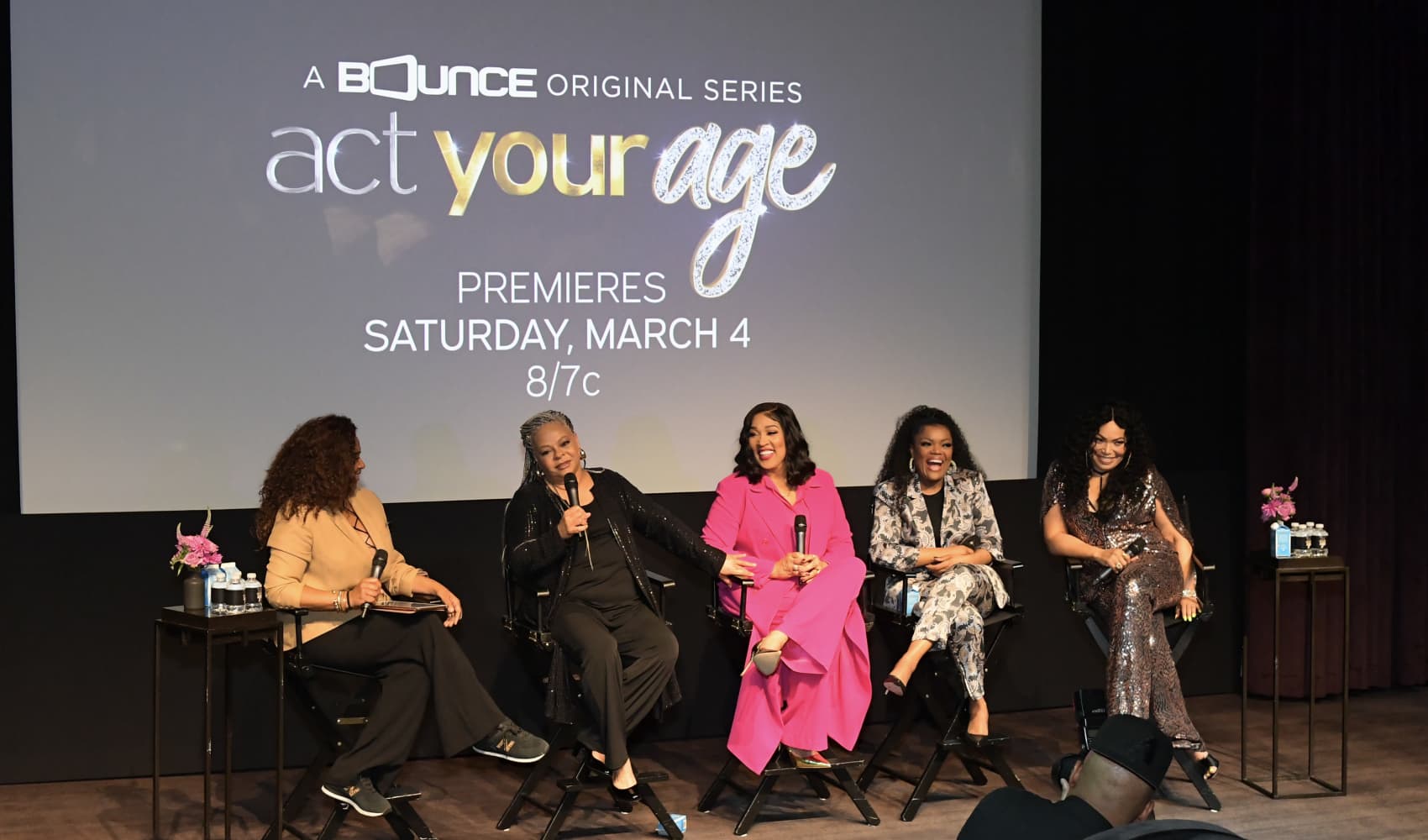
For Cynthia Rodriguez, success could never be found in a promotion or the number of zeroes on her paycheck — it's in how many words she can type per minute.
Right now, she's at 250.
Rodriguez, 42, is a court reporter in Bakersfield, California. She spends her mornings and afternoons sitting in on all kinds of legal proceedings, from high-profile murder trials to neighbor disputes over street art, transcribing everything that is said on a stenotype machine, a portable word processor with a specially designed keyboard that helps users type shorthand.
Court reporters, often referred to as "guardians of the record," play an integral role in the U.S. legal system, ensuring that any judicial process is documented accurately and impartially. In recent years, however, interest in the profession has plummeted, leading to a national shortage of at least 5,000 reporters, according to the Association for Court Reporters and Captioners.
Get DFW local news, weather forecasts and entertainment stories to your inbox. Sign up for NBC DFW newsletters.
Yet court reporting ticks a lot of boxes on jobseekers' wish lists, says Irene Nakamura, a court reporter in California for more than 30 years and Rodriguez's mentor.
Court reporting doesn't require a bachelor's degree, the hours are flexible, it can be done remotely and, according to Nakamura, the pay for skilled reporters is lucrative, ranging from $200 for a half-day of work to upwards of $100,000 per year.
In 2022, Rodriguez made about $235,315 as a freelance court reporter, according to tax documents reviewed by CNBC Make It. What started as a job to make ends meet, Rodriguez says, has blossomed into a two-decade career that has given her purpose and financial freedom.
Money Report
Becoming a court reporter
Rodriguez had always dreamed of being a paralegal or lawyer, but couldn't stomach the tuition costs of college and law school.
After graduating from high school in 1998, she spent a short stint as a server at a local golf course's café in Delano, California, but the job was "unfulfilling" and came with a meager salary, she says.
At 21, she was a newly divorced, single mom of three — and while attending college felt like an "impossible mission," Rodriguez recalls, she was determined to find a career she loved with a comfortable income to support her family.
She moved back in with her parents in Bakersfield and set up an appointment with a career advisor at Bakersfield Community College, who suggested she enroll in their court reporting program. Excited by the prospect of working in the courtrooms she saw on "Law & Order," Rodriguez thought, "Why not?"
"I knew I wanted to be a part of something that made a positive difference in people's lives and helped solve some of society's more complicated problems," she says. "So, I just went for it … and I'm so glad I did, because the minute my fingers touched the steno machine, I was hooked."
It took Rodriguez about three years to complete the courses she needed to obtain her license as a certified reporter, which included speed building to type faster, an introduction to business law, courtroom ethics and the language of shorthand, which is an abbreviated symbolic writing method.
The education requirements for becoming a court reporter vary by state, but most states require you to have a high school diploma or equivalent, and to complete a court reporting program accredited by the National Court Reporters Association, which may consist of an associate's degree or a professional certificate. Court reporters also must pass a state-approved exam in order to become certified.
There were times when Rodriguez wanted to quit, discouraged by challenging homework assignments or her slow typing speed — but her parents pushed her to finish the program.
"My dad reminded me over and over that I could do it, I was capable of being a great court reporter and that made me believe in myself," she says. "I had an incredible support system at home, my sister and my parents took turns watching my kids while I was at class, they were my biggest cheerleaders and gave me the foundation I needed to be successful at this."
Building a six-figure career in the courtroom
After she passed her exam, one of Rodriguez's friends from her court reporting program recommended her for a job with the Kern County Superior Court, where she'd work for the next 17 years.
When she first started the gig in 2005, her annual salary was $60,000. Within two years, however, she grew that figure to about $100,000, she says, mainly by working overtime and taking on additional assignments, like providing simultaneous captions for people who are hard of hearing at depositions and business meetings.
Working for the court is a full-time job that required a minimum of 40 hours per week, Rodriguez explains, but there are part-time and one-off assignments reporters can take on, too.
"Court reporting can be a very demanding career, but the great thing about it is that you can work as much or as little as you want," Rodriguez explains. "I like to challenge myself with difficult cases and assignments, so I typically work 10 or 11 hours on weekdays, sometimes on weekends, too."
A current listing on Indeed for a part-time court reporter at Kern County Superior Court specifies a salary between $40 and $50 per hour.
In addition to their base salary, court reporters are compensated on a per-page basis for transcripts they produce during court proceedings, according to Nakamura. She estimates that this additional income can range from $50,000 to $100,000.
'Every day I wake up and I love what I do'
Last year, Rodriguez decided to quit her job and become a freelance court reporter, so she could negotiate her rates and have more control over her schedule. She met Nakamura in the spring of 2022 through Instagram and joined her court reporting firm, IDepo Reporters, as a contract employee.
Rodriguez still has 10-hour workdays, but she's scaled back her weekend work and now has the option to choose assignments with later start times in the mornings, or ones that will only need her three or four days a week.
Since Rodriguez became a court reporter nearly 20 years ago, the most difficult part of her job has remained the same: not reacting to what's going on in the courtroom, no matter how dramatic or heartbreaking a trial is.
"You're sitting inches away from people accused of murder, abuse, these very awful, disgusting crimes," she says. "It can be incredibly heavy, and in moments like that, I'll just try to find a focal point I can concentrate on instead, like a beautiful palm tree outside the window."
It also helps Rodriguez to remember how important her job is to the people seeking and delivering justice. "Jurors, lawyers, judges, all of the key players in that courtroom rely on your writing to make a fair decision," she says.
Now, she's studying to become a certified court reporter in Hawaii, so she can split her time between there and California, and dreams of one day opening her own court reporting agency. "Every day I wake up and I love what I do," says Rodriguez. "What more could you want from a job?"
DON'T MISS: Want to be smarter and more successful with your money, work & life? Sign up for our new newsletter!
Check out:
25-year-old makes $200/hour without a bachelor's degree: 'I work less than 6 hours a day'
This in-demand side hustle pays up to $200 an hour and doesn't require a college degree






